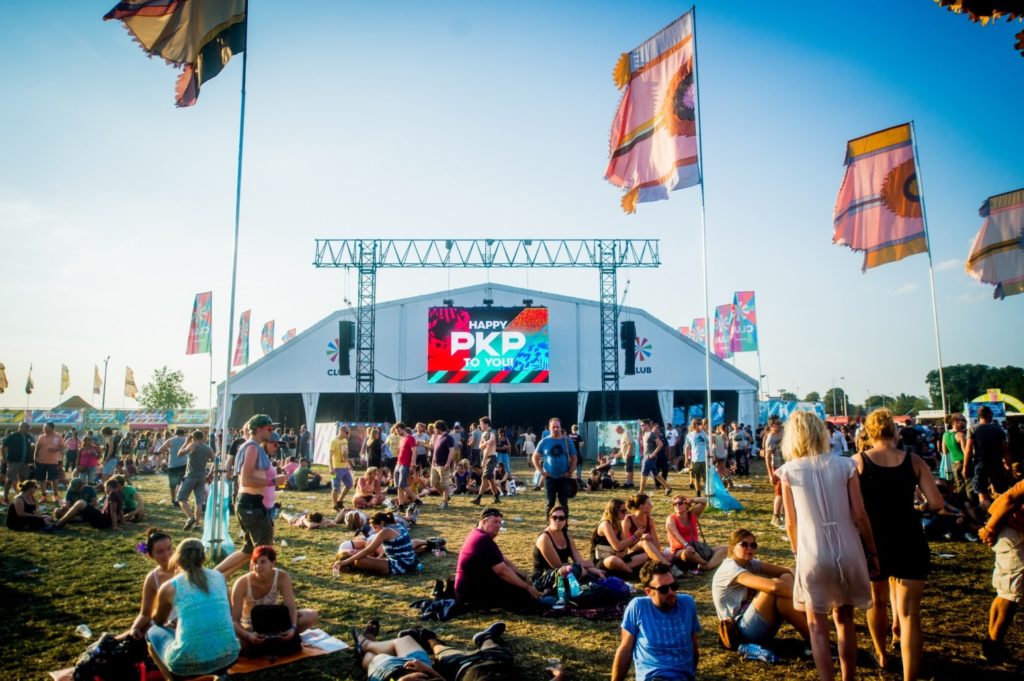There have been mixed reactions to yesterday’s announcements by the Consultative Committee of changes to the coronavirus regulations, which consisted generally of a lifting of restrictions.
The committee, made up of representatives of the federal and regional governments, took decisions mainly affecting the hospitality, travel and events sectors from 9 June.
In the hospitality industry, bars and restaurants will now be able to receive customers indoors as well as outdoors, providing safety measures are taken, tables are limited to four people (unless all from one household) and ventilation is adequate.
In a change to the plan announced previously, closing time will now be the same indoors and outdoors, set at 23.30.
That change was greeted as a victory by Flemish minister-president Jan Jambon (N-VA), who had made an issue of the fact that the original plan would have seen customers indoors turned out at 22.00.
The sector itself was delighted.
“We are grateful for this important decision,” said Matthias De Caluwe of sector federation Horeca Vlaanderen.
“That equal hour was at the top of our wish-list. It now also feels fairer for businesses without a terrace. A catering business may also open at 5 a.m. instead of 8 a.m. That is important for the hotels. They still had to serve breakfast in the rooms.”
The sector is now looking forward to the possibility of further relaxations when the committee meets again on 11 June – potentially an end to a fixed closing time, or a larger limit on table guests?
In travel, the rule of obligatory quarantine on return from another country is lifted, but travellers will still have to show evidence of being fully vaccinated, or show a recent negative PCR test, or proof of immunity through previous infection.
Any or all of those conditions can be demonstrated via the EU’s Digital Covid Certificate, which will be available from 1 July.
For anyone who has not been able to be vaccinated in time – including almost all young people – two PCR test kits are to be made available free from pharmacies.
The travel agency Jongerentravel, which caters for young people, is expecting a flood of bookings now that the quarantine obligation is gone.
“Now that quarantine is no longer mandatory, we will also receive more reservations,” said spokesperson Katrien Corens. “It is clear that nightlife is very important for the group of young people from 16 years old. It's high time for them to really celebrate. Spain is considering reopening nightlife in limited capacity.”
Festivals, meanwhile, can organise events for up to 75,000 attendees from 13 August, just in time for Pukkelpop and Tomorrowland, which come in under that ceiling, as well as Formula One, which will have to slim down slightly from its usual 90,000.
“That 75,000 figure is perfect for us,” said Debby Wilmsen, spokesperson for Tomorrowland. “We have no need to adjust our capacity, and we are very satisfied with that.”
Meanwhile, among those less delighted by the announcements was Marc Van Ranst, virologist and the Cassandra of experts.
“The governments are taking a risk,” he said. “If too many measures are relaxed at the same time, there is a chance that it will go too fast compared to the number of vaccinations.”
Marc Van Noppen, CEO of UZ Brussel in Jette, still has concerns about the Delta variant, formerly known as the India variant.
“This is a period in which we hope that a lot of people will remain rather careful. Otherwise, we will see an increase again from the end of June, which is predicted by the statisticians,” he said.
“There are a lot of things that are allowed in the open air and I am happy that it is possible again. The business that continues indoors remains a risk.”

